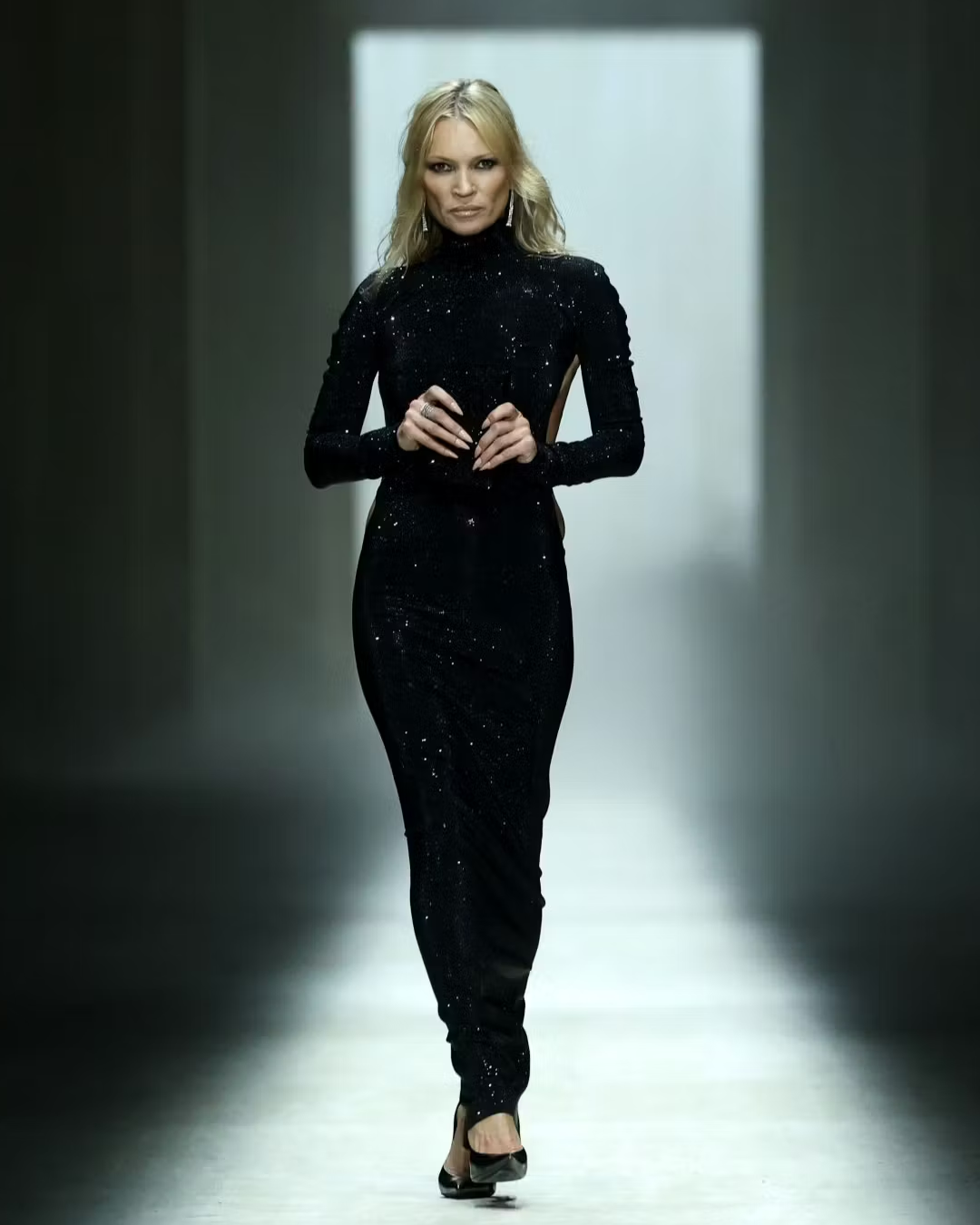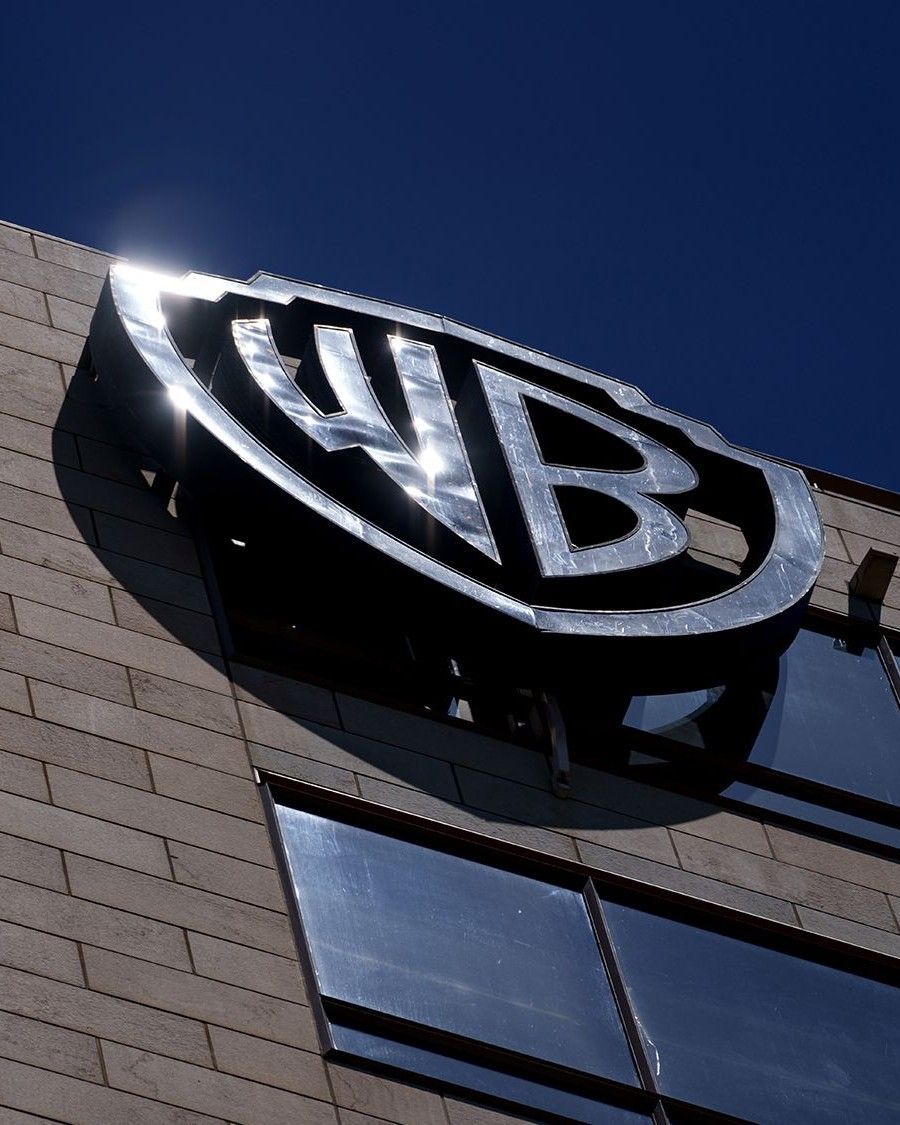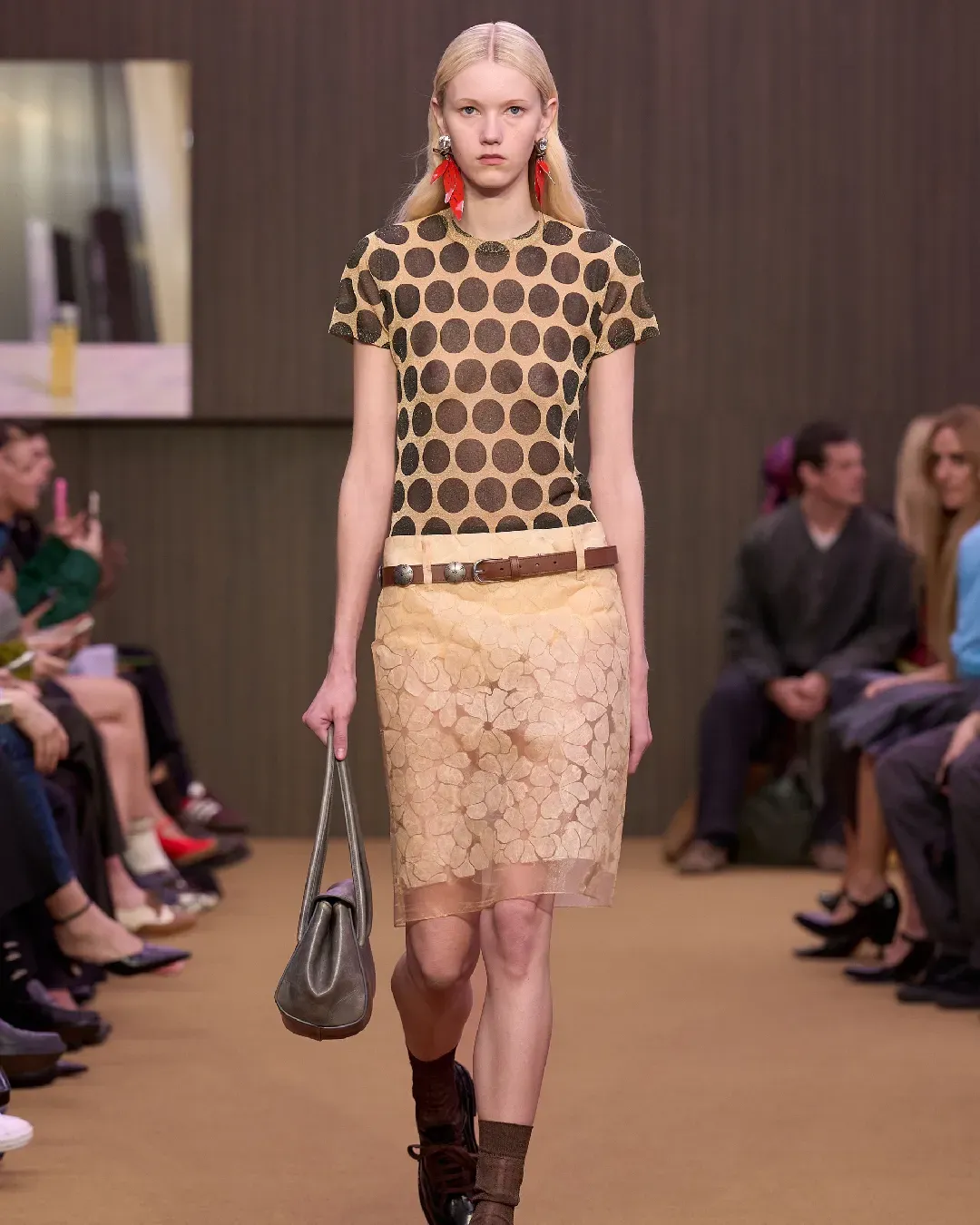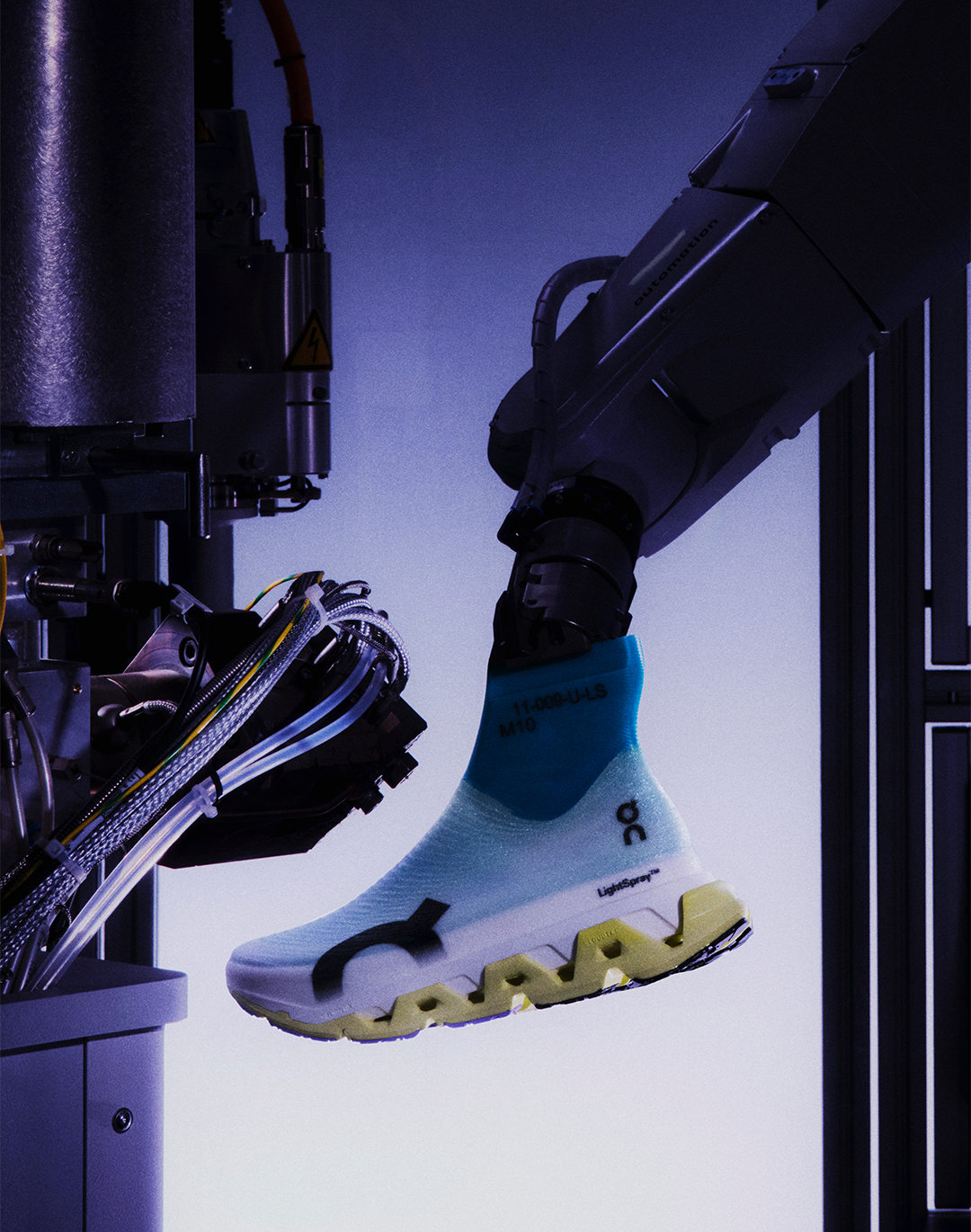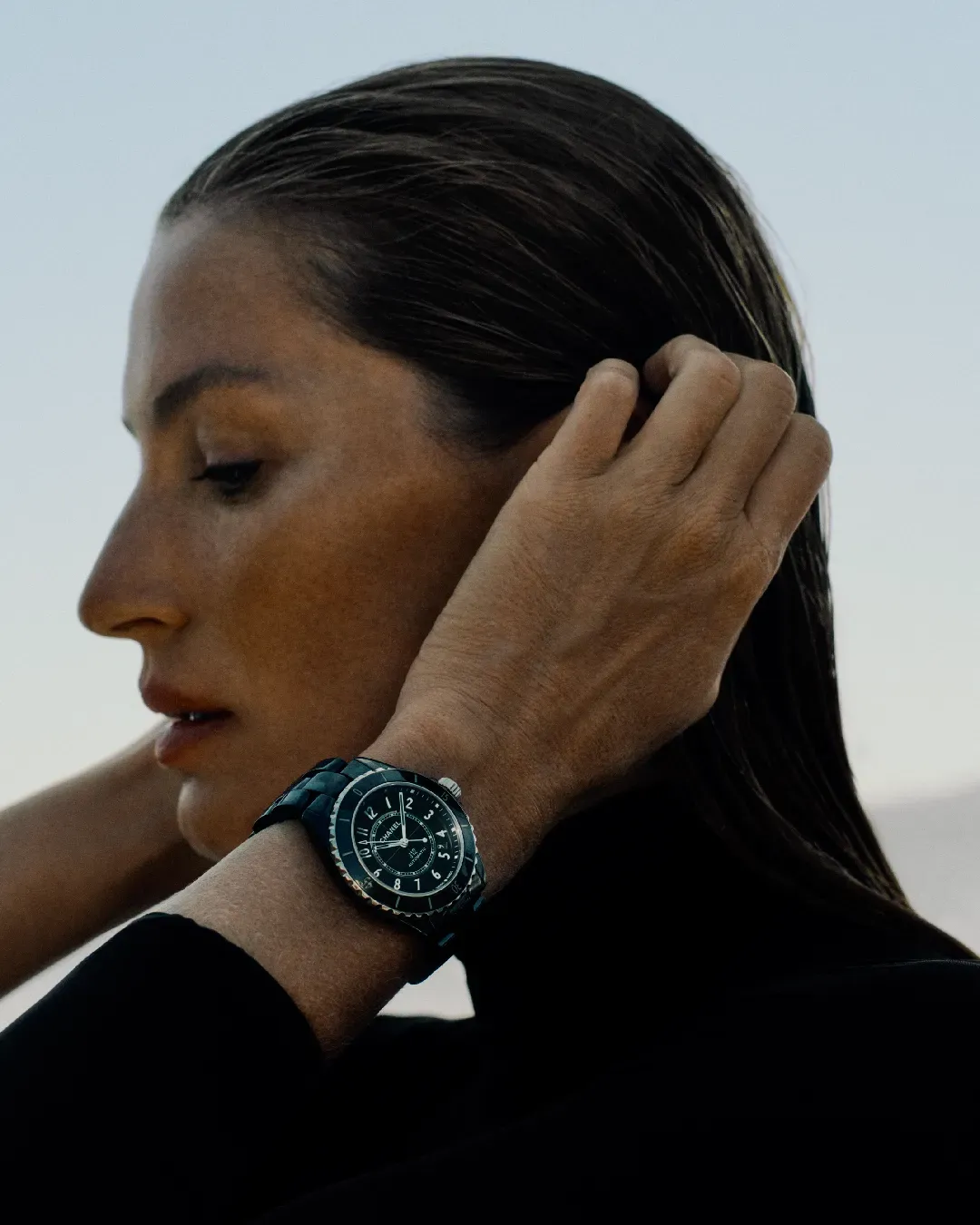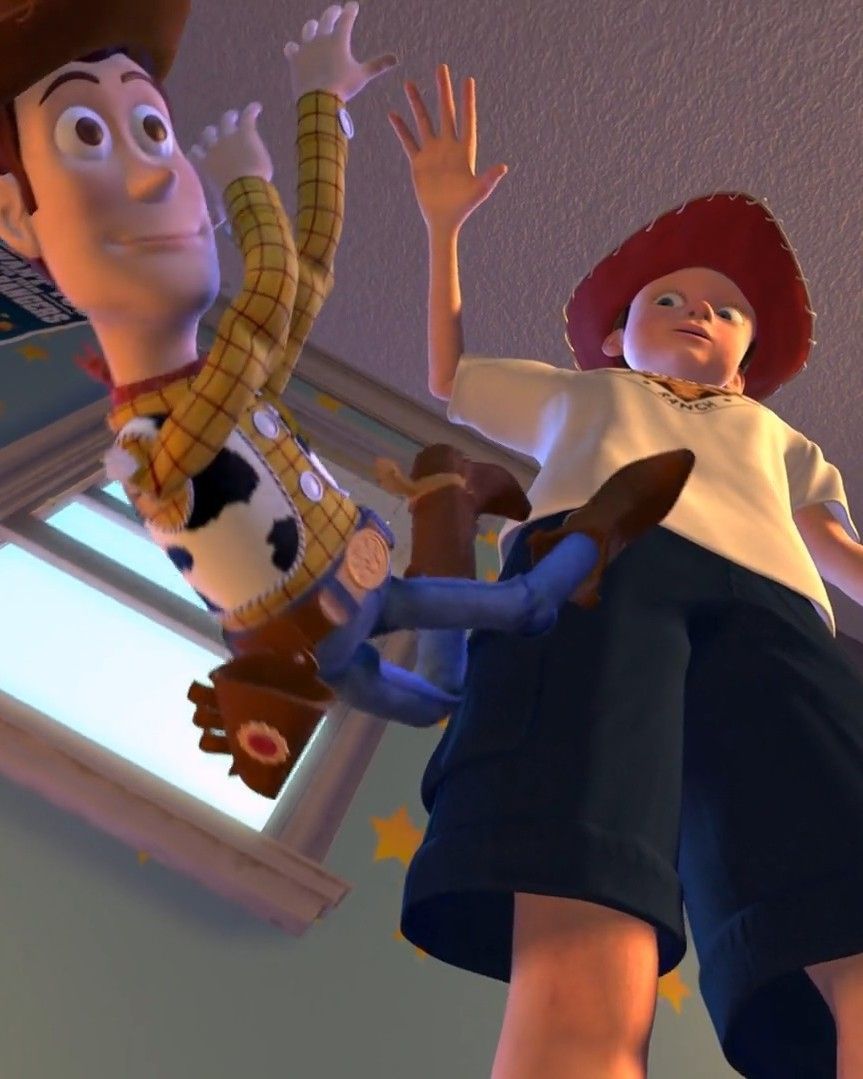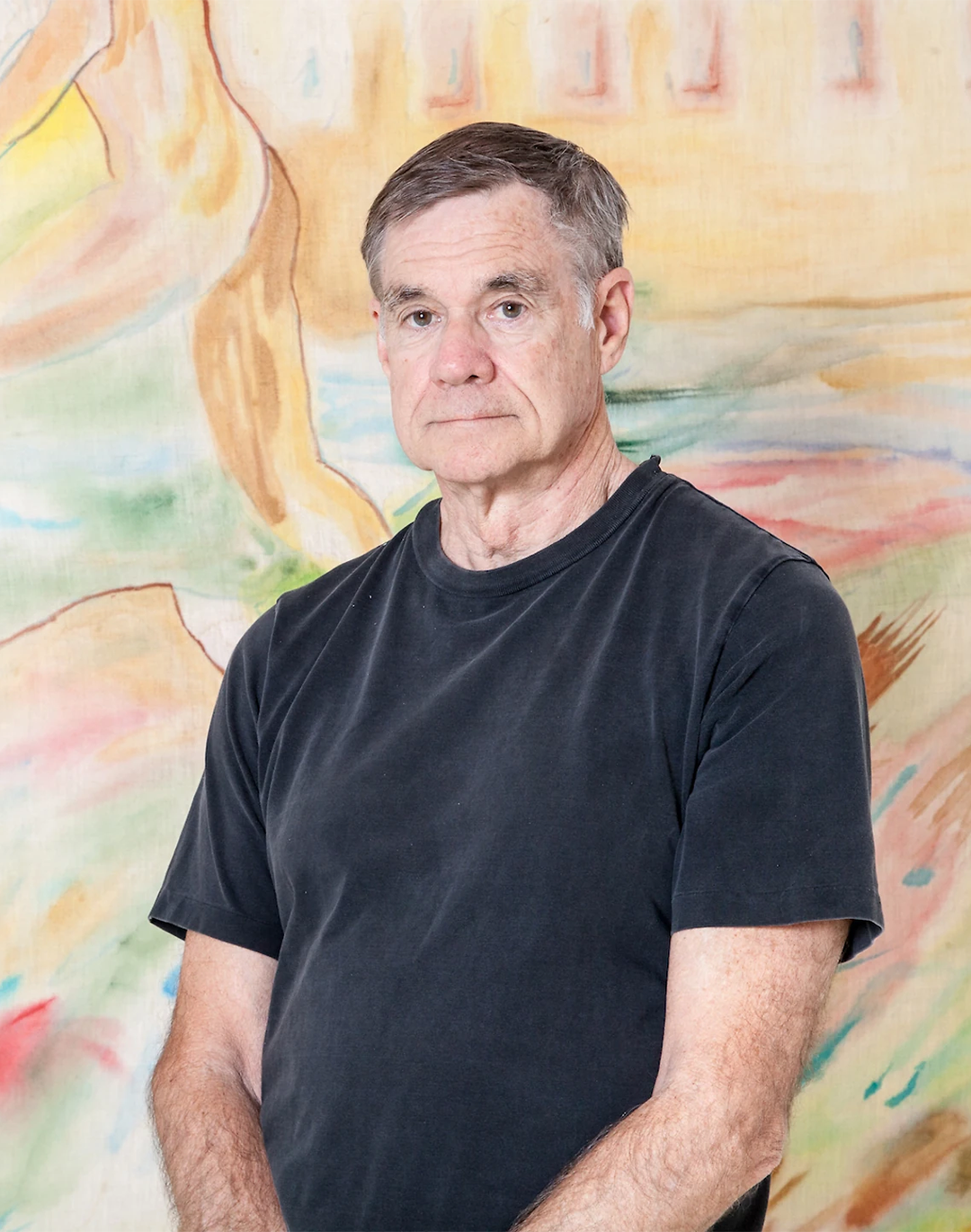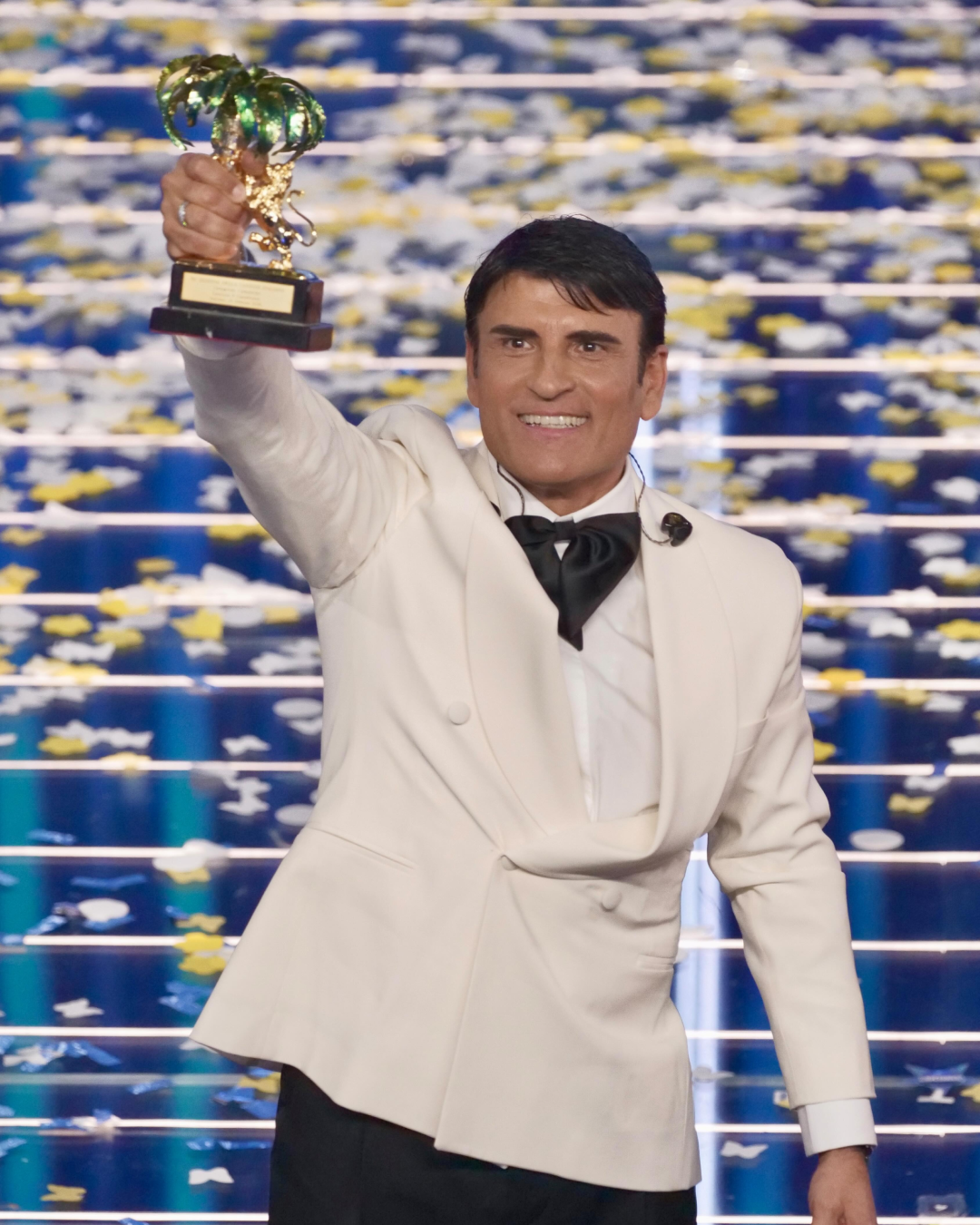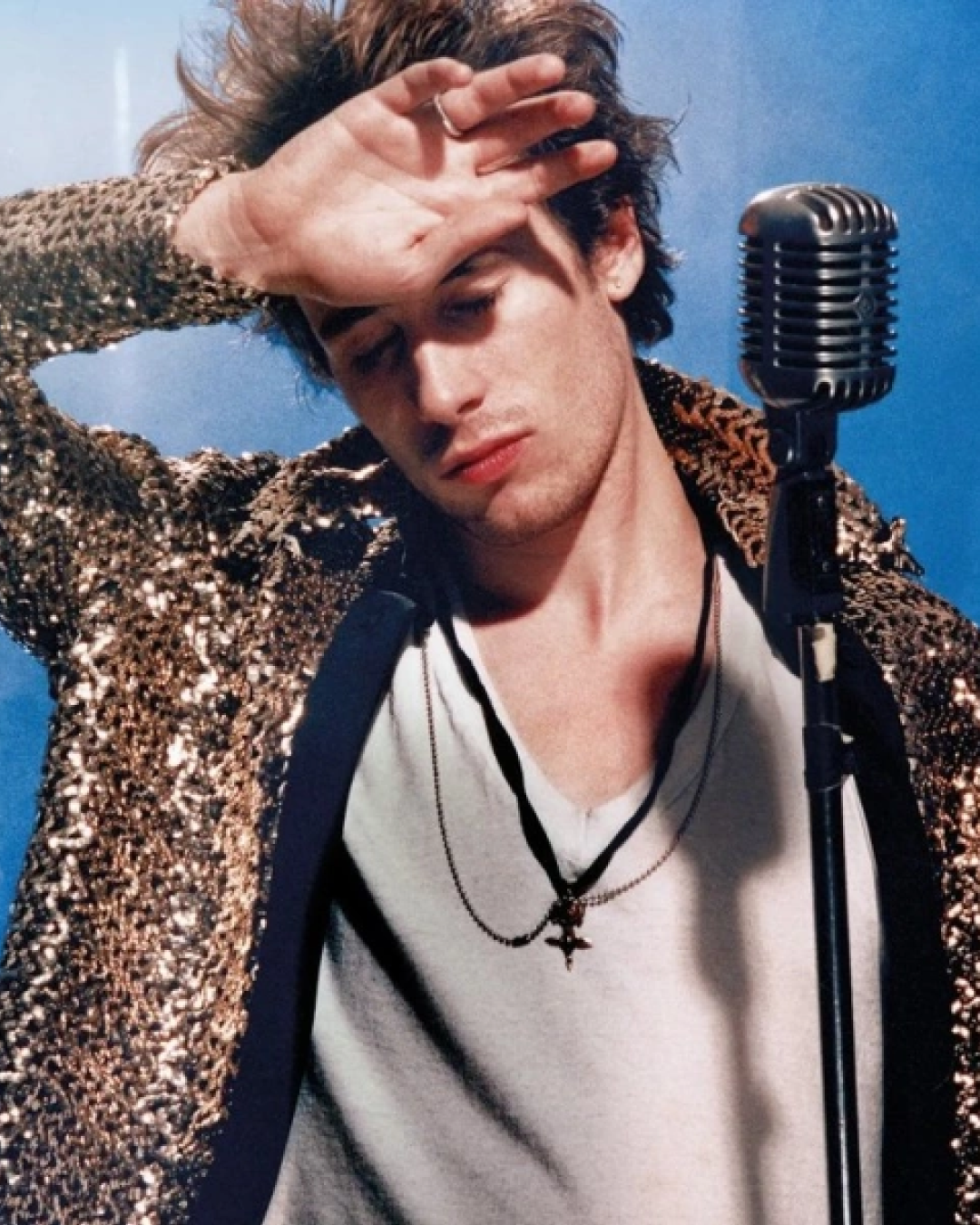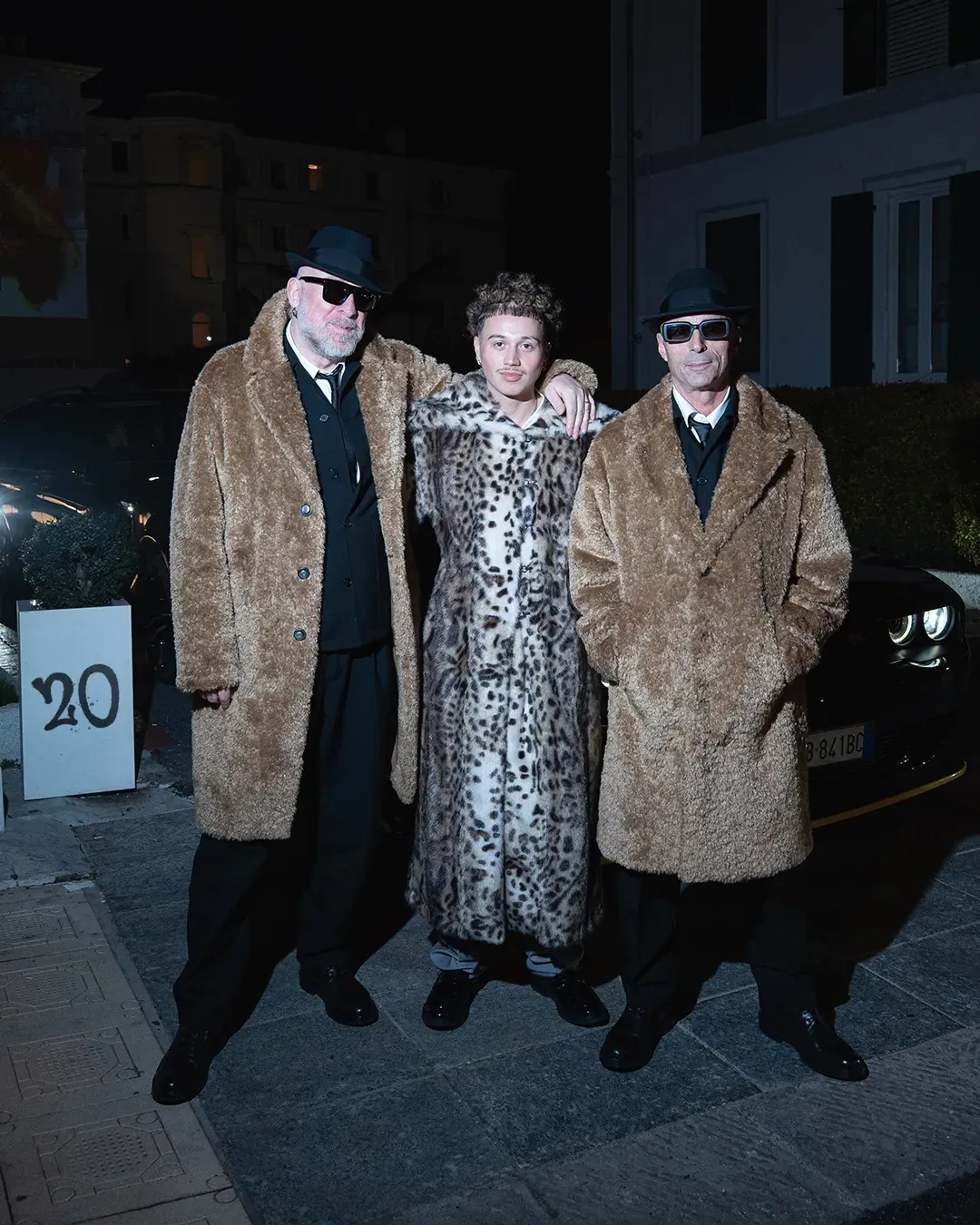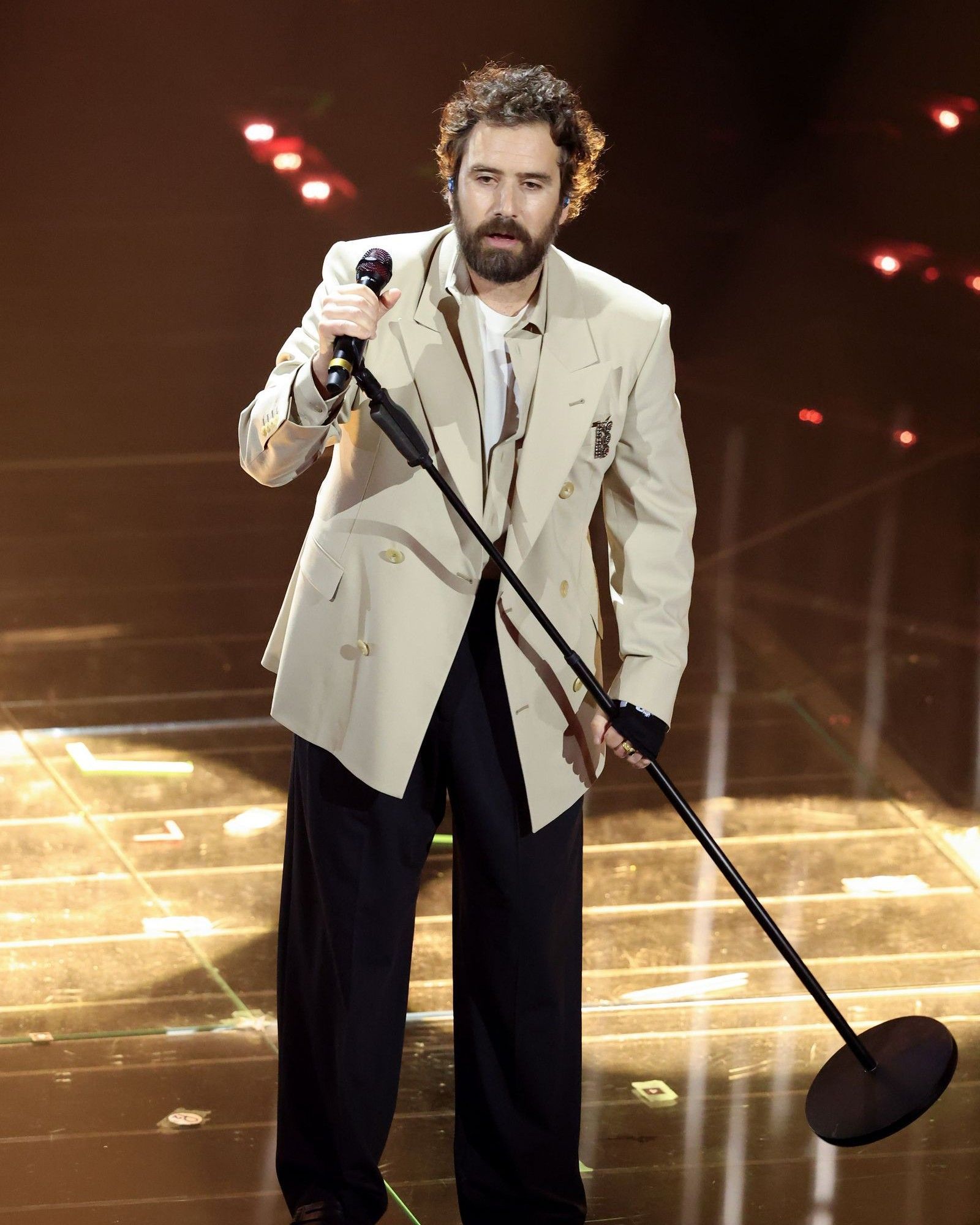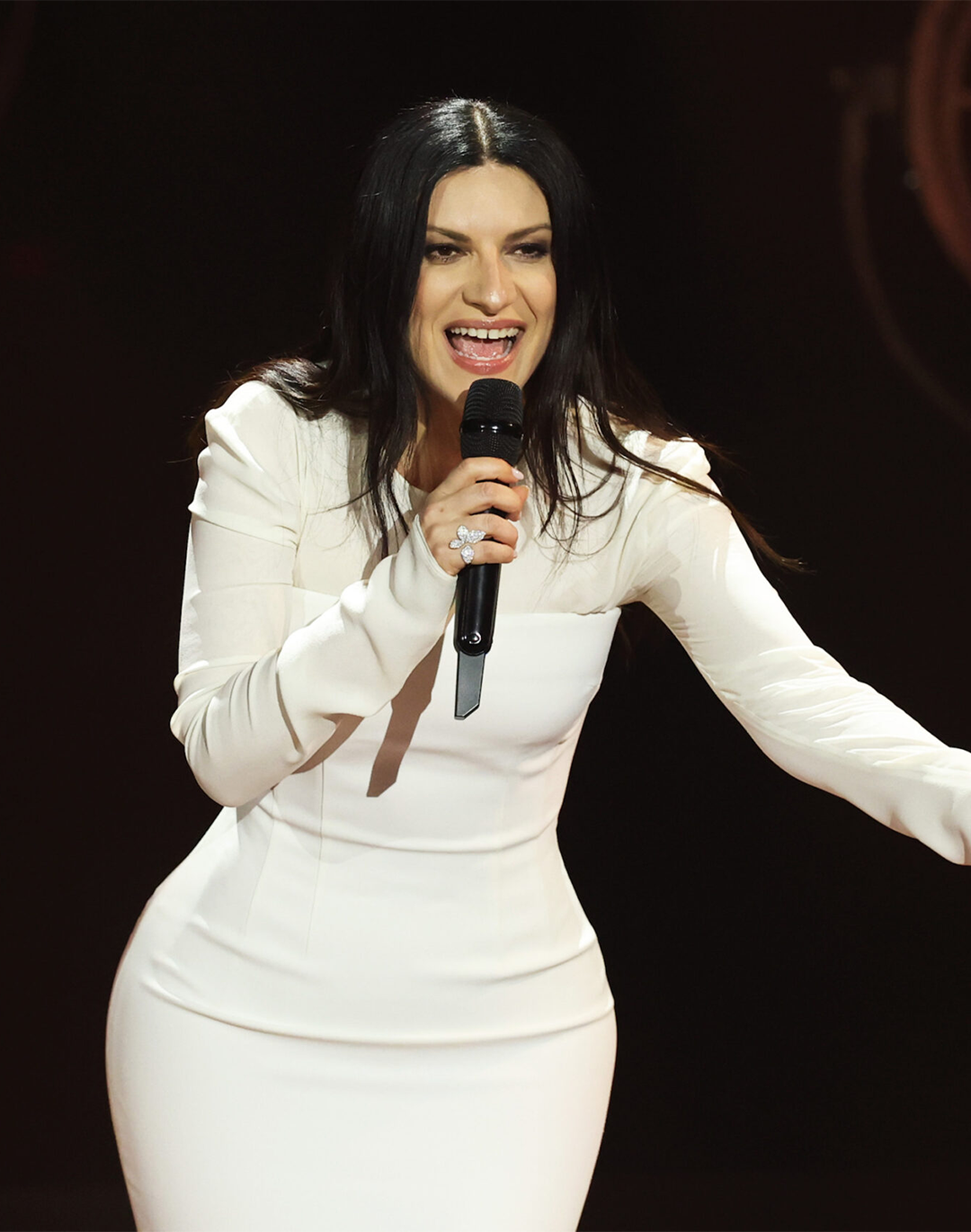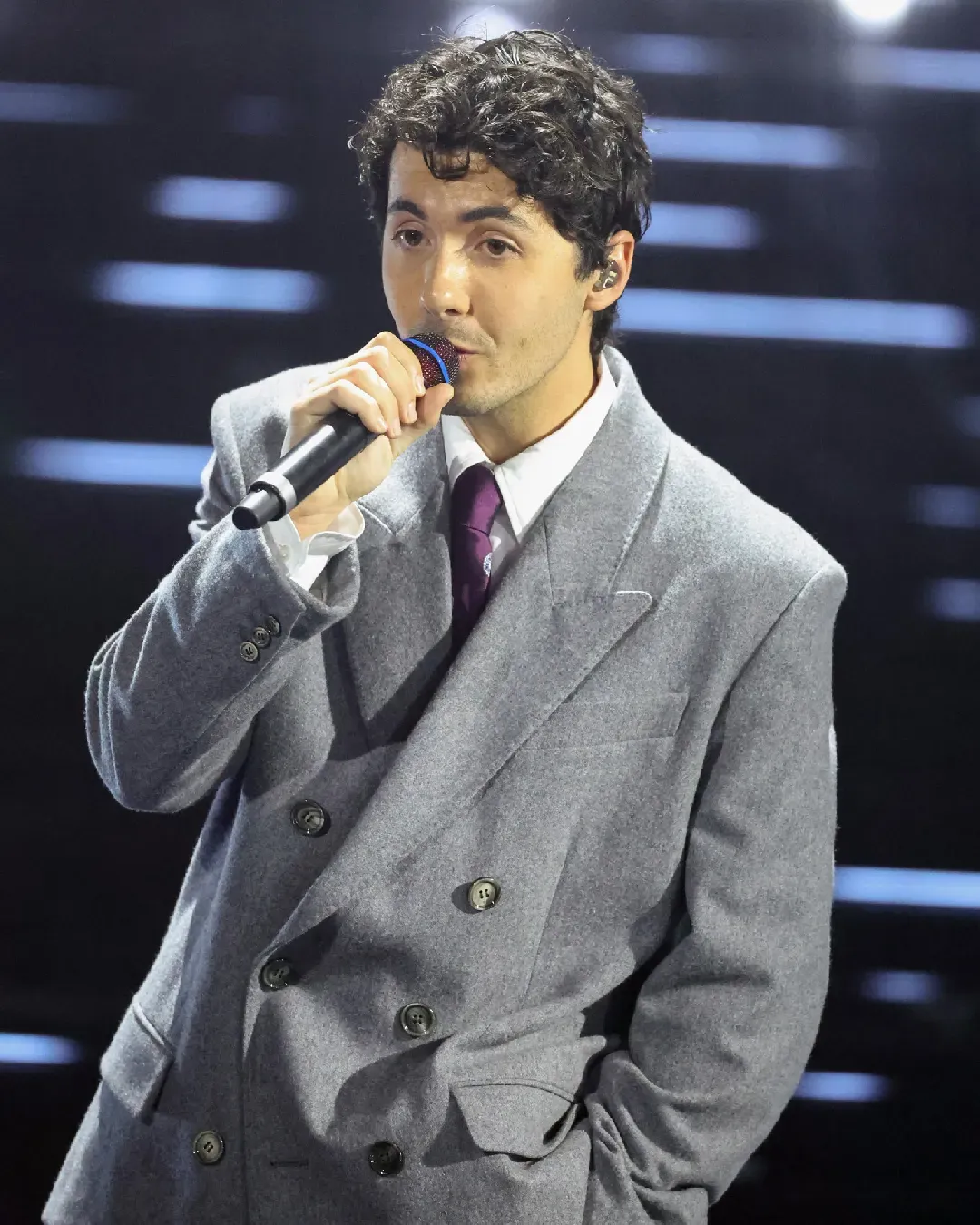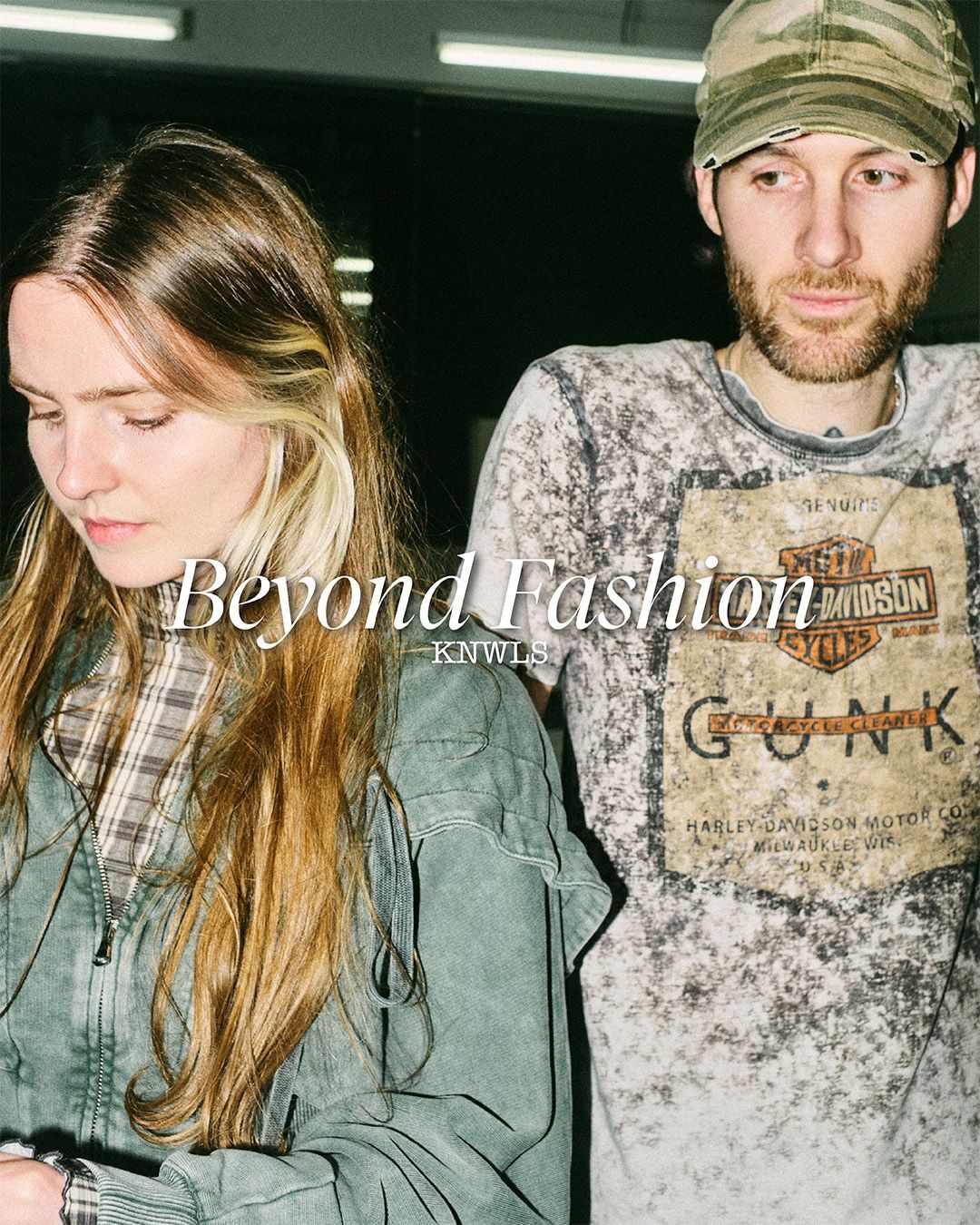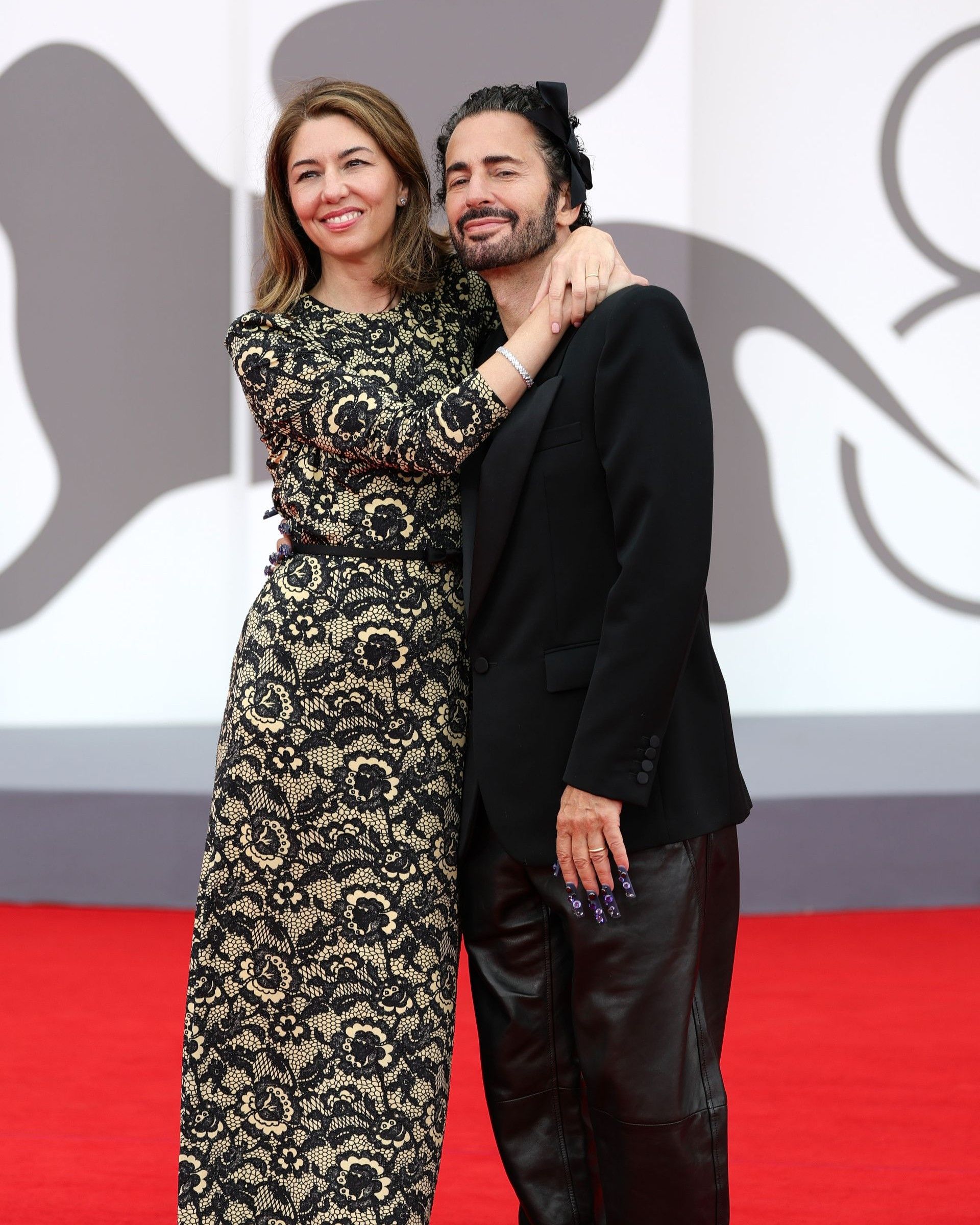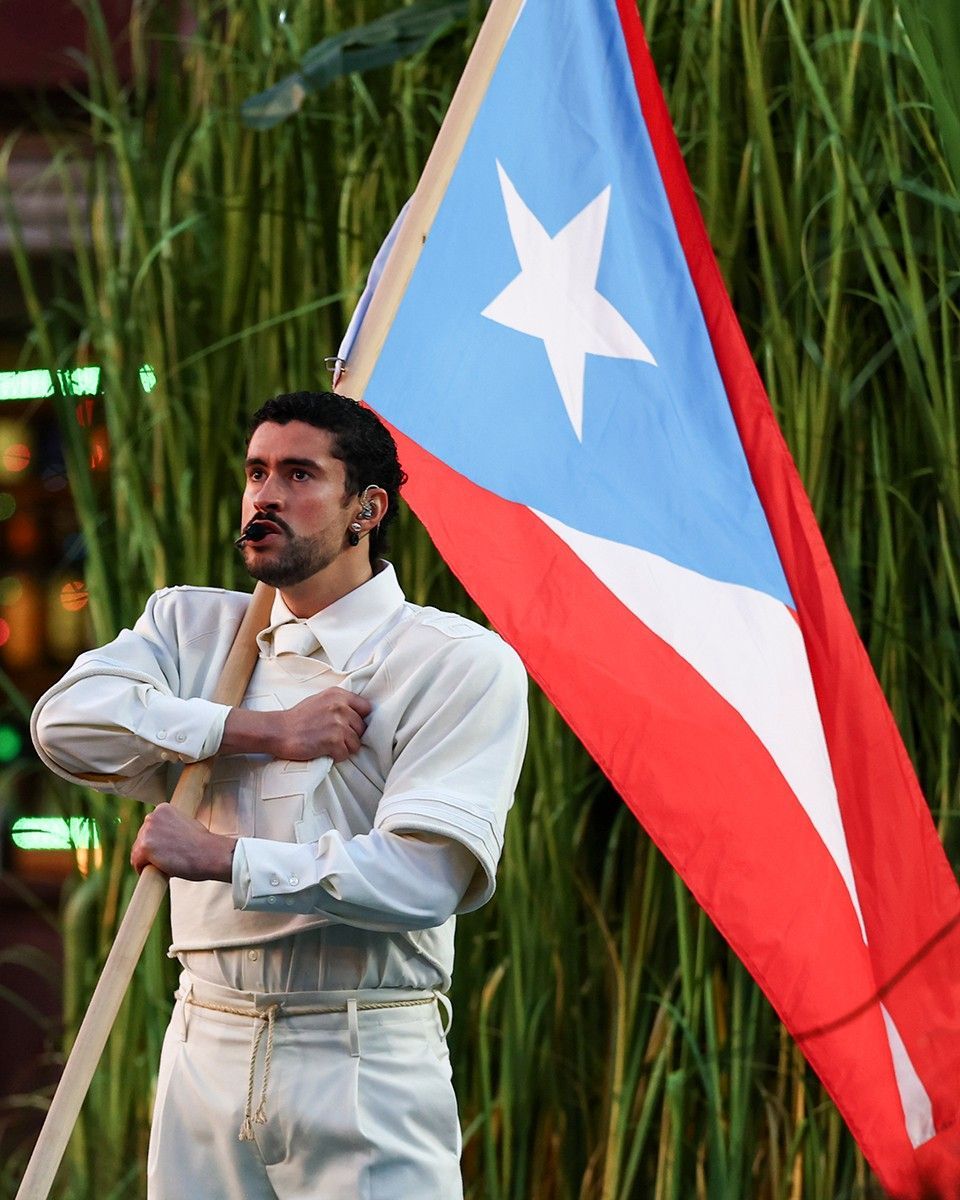
Why the new Wonka does not do justice to the character A great success leaving us with a bitter taste
In Italian cinemas, a new blockbuster is poised to boost box office earnings and close the year on a positive note. For the first time in years, thanks to international successes like Barbie and Oppenheimer, as well as distinctly above-average Italian works (30 million in the first weekend for C'è ancora domani), theaters might breathe a deserved sigh of relief. Wonka, the new musical directed by Paul King and a prequel to Roald Dahl's novel Charlie and the Chocolate Factory (1964), promises to be a box office success, undoubtedly due to the holiday season encouraging adults to revisit a childhood memory and children to discover a milestone in their parents' collective memory. If these reasons weren't enough, there's always Timothée Chalamet. It's uncertain whether it's the charm of Hollywood's golden boy or the idyllic atmospheres created by King, who had already demonstrated his talent for the genre with Paddington, but on Rotten Tomatoes, the film has an 85% approval rating. The Telegraph called it "the most fun at the cinema this year" and, in a five-star review from The Guardian, Peter Bradshaw stated he "enjoyed this more than the two previous film versions."
Despite perfect comedic timing, not overly saccharine songs, and an aesthetic imagination captivating for all age groups, it's the lack of depth that makes the film profoundly weak. According to Owen Gleiberman on Variety, "In Wonka, the funny, engaging, impeccably musical prequel with the stunning old-school atmosphere of Roald Dahl's legendary tale, Timothée Chalamet plays the main character as a soul radiating effervescent goodness. His passion for chocolate is present (...), but the flaws are gone, as is any trace of a dark side." "Willy seems castrated, devoid of any edge that could have made him interesting," echoes David Rooney of Hollywood Reporter. There's nothing wrong with the new Wonka; in fact, it's certainly the most amiable we've ever seen dressed in purple velvet and dispensing imaginative chocolate creations on screen. But there's something wrong with its perfection. There's no trace of the sinister, eccentric, and gloomy Willy Wonka we grew up with; there's a certain melancholy, sentimentality, but the unease that animates Dahl's story—just like the entire body of the author's work and subsequent film adaptations of the story—has simply been suppressed.
Timothée Chalamet:
— Chris (@ThisIsCreation) December 14, 2023
Working on Wonka was a dream come true. Every day was a blessing.
Hugh Grant:
Every morning I woke up, i asked myself, is this the day i end it all. Fuck this movie. pic.twitter.com/1uTx6iiTpP
In 1971, Gene Wilder's Willy Wonka suggested a thinly veiled manic side while taking guests on a psychedelic journey through a tunnel in the depths of the Chocolate Factory ("There's no earthly way of knowing which direction we are going..."). In Charlie and the Chocolate Factory, the majestic 2005 remake directed by Tim Burton, Johnny Depp fully embraced his characteristic interpretation, drawing inspiration from Michael Jackson's moves and making his character iconic with a mane reminiscent of Anna Wintour and a smile with perfect teeth. Behind a thick layer of sugar, there was a mystery to discover. In Chalamet, "his magical ability to levitate chocolates or transform a vast and decrepit commercial space into a cornucopia of wonders seems like just the routine CGI doodles seen in TV commercials."
The soundtracks by Joby Talbot and Neill Hannon, frontman of The Divine Comedy, and the cameo by Olivia Colman and Tom Davis are not enough; Wonka can never become a classic when compared to its predecessors, but it will certainly be a success. As with the colossal Barbie, the promotional strategy also involves the looks flaunted by the protagonists during premieres. In the film, there are the Nike Wonka Dunk sneakers, made in 5 pairs and distinguished by chocolate-colored soles, while Chalamet's outfits—from the custom "Oompa" hoodie with the front inscription and "Loompa" on the back for Saturday Night Live to the purple velvet suit by Alexander McQueen—contribute to elevating the actor to a Gen Z icon and a sex symbol epitome of "new masculinity." Even the laconic interviews of Hugh Grant, who told Metro how "silly and horrible" it was to play the Oompa Loompa Lofty on the big screen, contribute to celebrating Warner Bros.'s new launch. But it's that absence of unease that makes Wonka not destined to become a classic.
In a year when global communication, both for brands and blockbusters, has tried to shift towards reassuring and low-risk productions, there seems to be no room for realism in products designed for the mainstream audience. Yet, sweetening everything, even dreams, even works of imagination, not only risks creating a narrative completely disconnected from the society it communicates to, but also denies the new generation—which, let's remember, has grown up with Covid—the tools to interpret the present critically. Of course, we expect escapism from a children's movie, but a flat film is not enough to make the world beautiful in their eyes.

